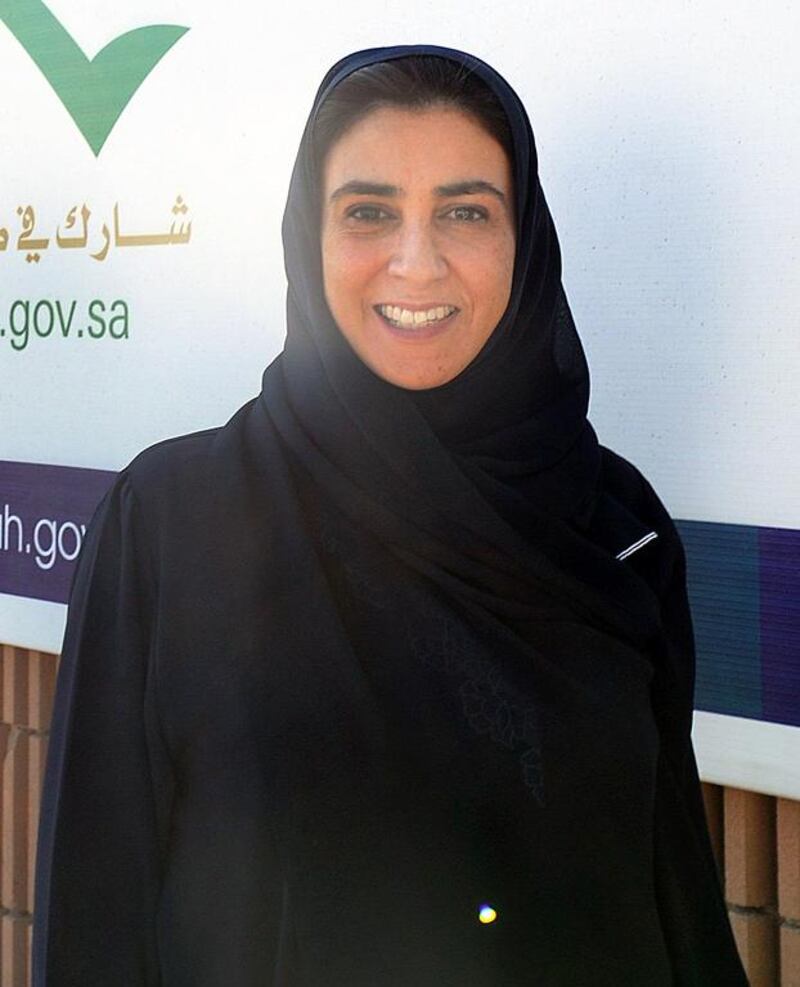The women newly elected to municipal councils in Saudi Arabia will not be driving themselves to work.
Female candidates and voters were allowed to take part in polls for the first time on Saturday, but women are still not issued driving licences in the country. Still, the historic election of at least 19 women is a sign that the country is serious about societal change, even if it proceeds at a pace that for many is frustratingly slow.
Expectations were low that any of the more than 900 female candidates would win any of the 2,100 seats on Saudi Arabia’s local councils. Women were believed to have made up less than 10 per cent of registered voters and there were more than 5,000 male candidates.
Municipal councils are the only government body elected by citizens and are responsible for only local affairs.
That women campaigned and voted is itself a step forward, said Dr Hatoon Ajwad Al Fassi, general coordinator of the Baladi Initiative, a Saudi Arabian NGO that has for years promoted women taking part in elections.
To her surprise, nearly 20 women were elected across the country and the number could be even higher once official results are announced. Dr Al Fassi described the outcome of the elections as a “a big success”.
The vote reflects how Saudi Arabia is catching up not only with the rest of the world, but with itself as well.
In 2011, the late King Abdullah bin Abdulaziz Al Saud, who died in January, promised that women could take part in the next municipal vote. His successor, King Salman bin Abdulaziz Al Saud, kept that promise.
While they may have little power, at the most basic level, the outcome of the elections reflects the aspiration and will of Saudi Arabian women to take part in decision-making and political life.
Though official data about how people voted has not been released yet, the outcome may also show that some Saudi men are more supportive of female candidates than expected.
The elections also reflect how Saudi citizens are gradually becoming more engaged with governance instead of relying on what has long been a top-down approach by officials. Also, allowing women to vote and campaign shows how the government is willing to take steps that are counter to the wishes of religious hardliners, with whom officials must engage in a careful balancing act.
Some women were barred from contesting the election, including Loujain Hathloul, an activist who was arrested attempting to drive a car into Saudi Arabia from the UAE. However Ms Hathloul said before the election that her ban lifted, although she is not among the winners reported so far.
Ms Al Fassi said Saudi women were now aiming to take the “next step” — holding those elected to the municipal councils “to account” for what they promised their constituencies.
jvela@thenational.ae





